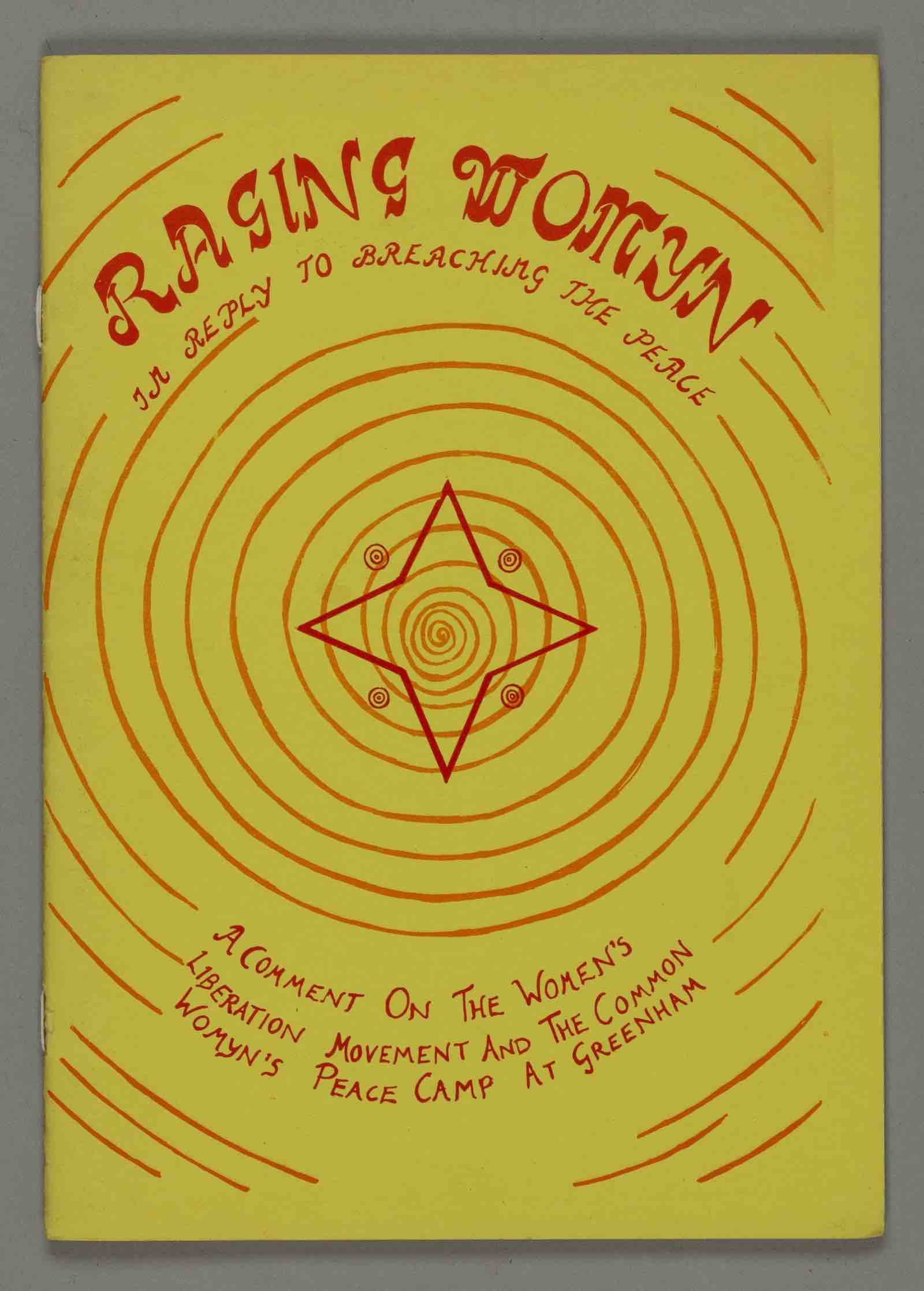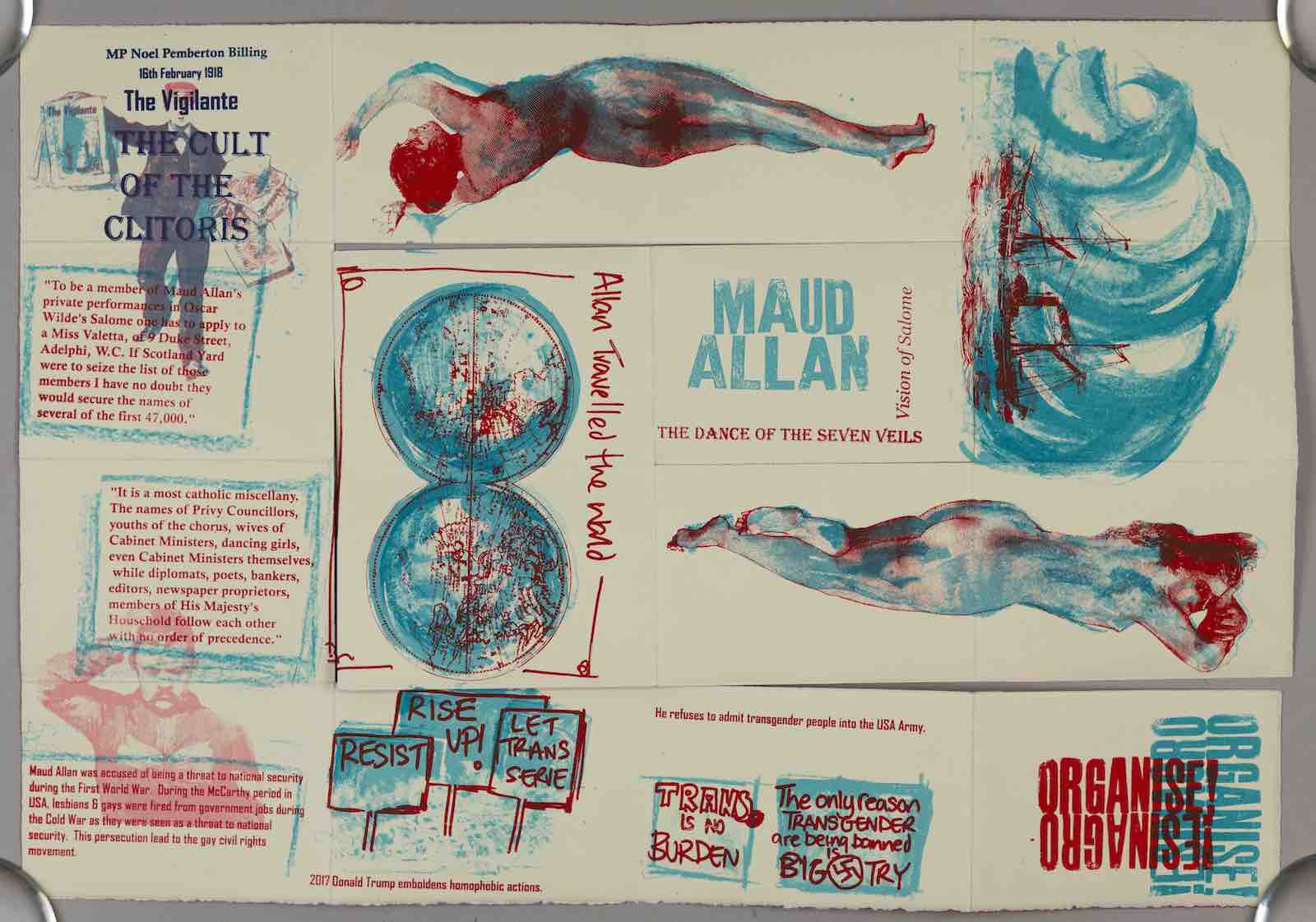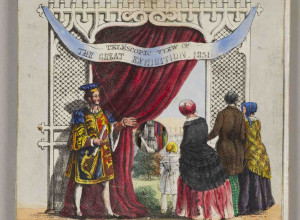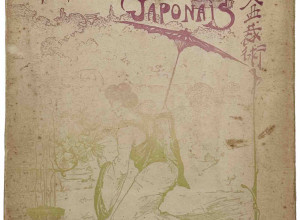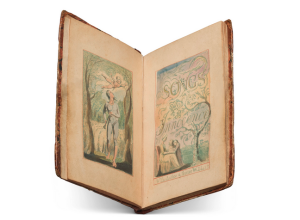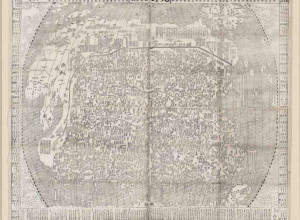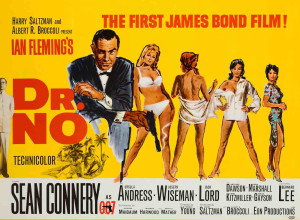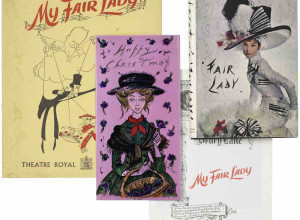History of Unconventional Publishing Charted in New Exhibition
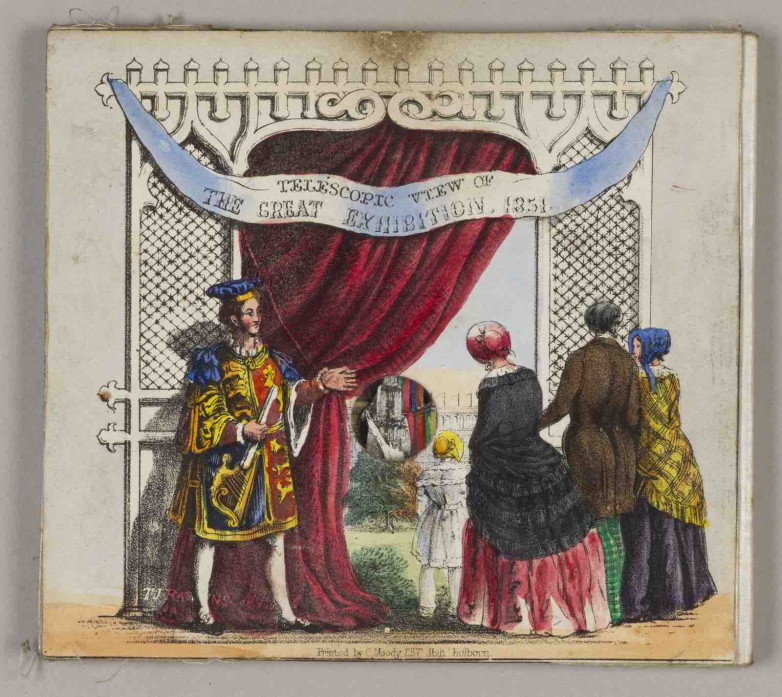
Lane's Telescopic View of the Great Exhibition, 1851
Spineless Wonders: The Power of Print Unbound will explore the history of unconventional publishing dating from the early 17th century to the present day at the Senate House Library in London.
Senate House Library holds many titles published without a bound spine and aims to bring this often-overlooked material to the fore, by focusing on the strikingly diverse formats beyond the printed and bound book, from poetry pamphlets, radical and activist publications, to artists’ books, playbills, broadsides and ballads, often published informally by small presses, collectives or unknown makers.
Rarely-seen printed materials spanning five centuries on show from June 17 until November 15 will include:
- English Civil War pamphlets
- a beautifully illustrated interactive book on the Great Exhibition
- material aimed at curbing "profane swearers"
- insights into fortune tellers’ tricks
- creative recipes for rations
- queer and feminist explorations
Other unusual items include a silk Suffragette buttonhole from 1914, and A Strange, True, and Dreadful Relation, of the Devils Appearing to Thomas Cox, printed in London by Elizabeth Mallet in 1684. The oldest item on display is Almanach auf das Jahr, printed in Augsburg by Johann Bämler in 1491.
“Since its inception, printing technology has been used to disseminate radical and often dangerous ideas, and radical publishing has often been viewed as subversive to the status quo," said Catriona Cannon, Librarian and Programme Director, Library Transformation Programme. "Many leaflets, pamphlets and other spineless wonders were printed quickly, cheaply and often illicitly, and all provide a fascinating snapshot of the era in which they were disseminated.
“Expertly curated by Tansy Barton, Christos Fotelis and Leila Kassir, the Spineless Wonders exhibition provides a counter-cultural history lesson, reminding us that political debate, activism and fake news are nothing new, and that people have been agitating for justice, equality and liberation since the dawn of society.”





